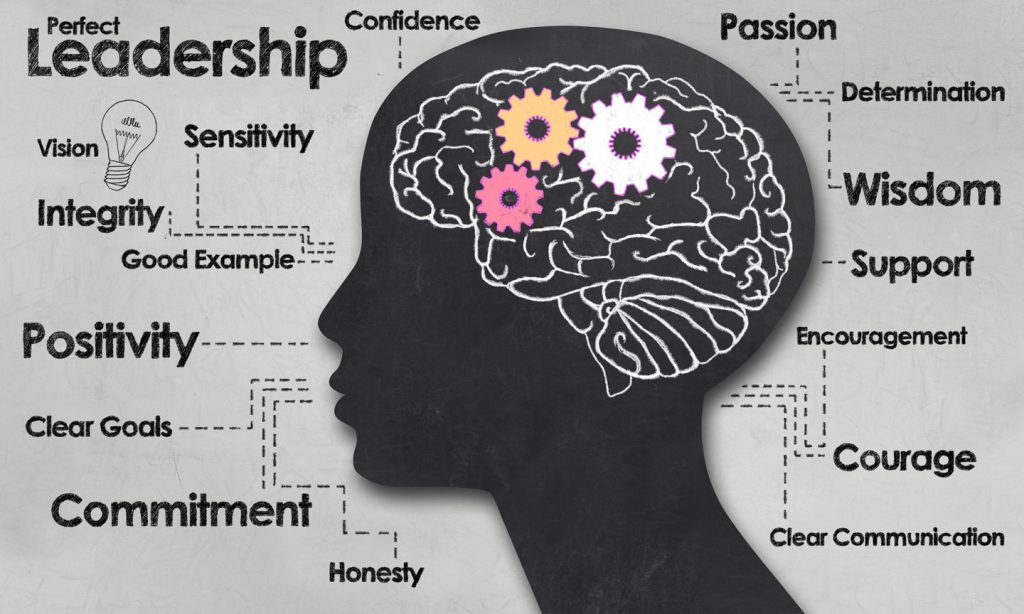Brain Science, Brain Engineering, Brain Education
The importance of knowledge about the human brain brought to us by scientific progress is ultimately found in the proper application of the brain. When we recognize that the brain is to be used, not merely studied, we realize that the key to the healthy, happy, peaceful life our species pursues is found in our brains.
– IBREA Sustainability Report 2019
To get a jump on the competition in fields related to the brain, the future asset of the 21st century, developed countries are investing massively in exploring brain function and structure through neuroscience and studying brain diseases. This is likely because the understood mechanisms of human health shifted from the heart to the brain long ago, in the 20th century, and because of the expectation that the countries revealing the mysteries of the brain — the only organ of the human body handling mental activities — will be the leaders of the new century.

“Brain plasticity” is regarded as one of the most representative achievements of brain science, a field considered the pinnacle of human sciences over the last century. The simple, straightforward fact is that all our functions — from our vital activities to stress management, emotional regulation, concentration and immersion, imagination, inspiration, vision, and drive — result from actions occurring in our brains. Learning occurring over a lifetime is the most powerful characteristic of the human brain; the imagination that lets us travel back and forth to the past and future and inner exploration characterized by the question, “Who am I,” are also among humans’ higher mental abilities.
Other vertebrates with brains do not cause great changes in their environments over time; for humans, however, the passage of time itself has a significant impact on their environment due to their creative ability to turn their imaginations into reality. Ultimately, the key is human “consciousness.” The current human civilization is a projection of the consciousness of each human being.
In the 21st century, the Era of Brain Education has come, riding on the currents of brain science — the pinnacle of human sciences — which has carried our understanding of the human brain to new heights. Brain science reveals the principles and functions of the brain; brain engineering promotes the development of convenient technologies. Brain Education is a kind of brain user manual allowing anyone with a brain — all of us, in other words — to understand, know, and properly apply our most important organ.
In Brain Education, we begin by recognizing the brain as something to use and change, not merely as an object of scientific and medical research. At its center is the Brain Operating System (BOS), the core source technology of Brain Education. Established in 1990 as Korea’s first brain research center, the Korea Institute of Brain Science gained international credibility as the developer of BOS in 2007, when it was granted consultative status by the UN Economic and Social Council (UN-ECOSOC).
Efforts to develop Brain Education as an academic discipline began in earnest in 2003, when the University of Brain Education, with its master’s and doctoral degree programs, was recognized by the Korean Ministry of Education. In 2010, the Global Cyber University, the first in the world to offer a bachelor’s program in Brain Education, was launched as a four-year distance-learning university. Established in Korea for the first time globally, Brain Education University offers Brain Education bachelor’s, master’s, and doctoral degree courses in the field of Brain Application.
As it welcomes the Era of Brain Convergence in the 21st century, Brain Education is a complex, convergence discipline for studying philosophy, principles, and methodologies, using all kinds of brain-related knowledge to awaken to the essential value of humanity and realize it in life; it is also emerging as a “human technology” for increasing the quality of human life.

